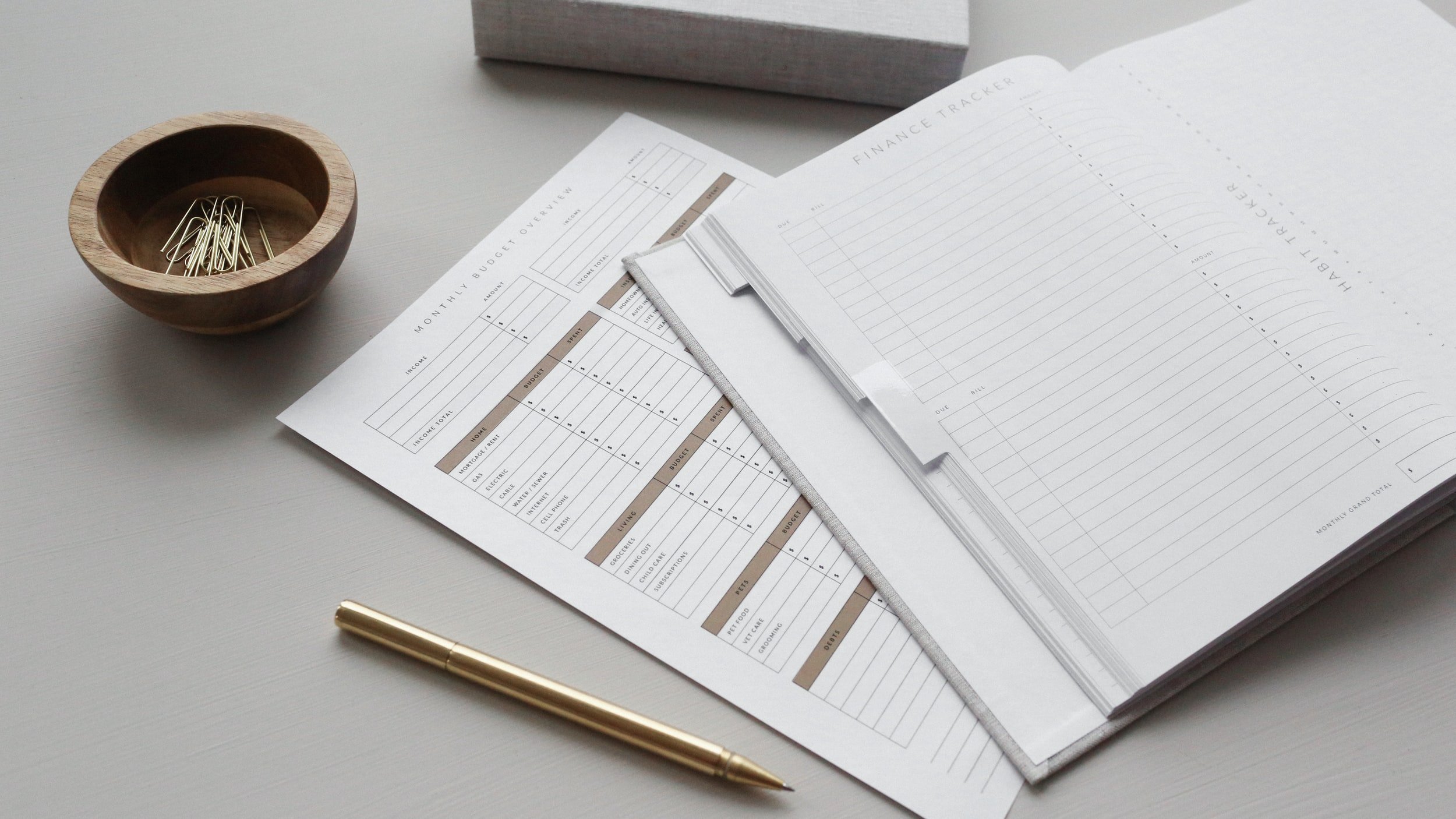5 Simple Grammar Fixes to Sound More Natural in English
So, you want to sound more natural and fluent when speaking English, but you don’t know how. Well, fluency is a skill, and like any other skill, it needs regular practice to develop. But what should you focus on to build your fluency in English?
Of course, every learner is different, but there are a number of ways to improve your fluency in English. You could dedicate some time to work on your pronunciation, learn some useful expressions, or correct grammar mistakes.
In this post, we’re going to focus on five of the most common grammar mistakes intermediate English learners make when speaking English. Later on in the post, you will learn how to stop making these mistakes and how to integrate the correct structures. By following the tips I’m sharing with you here, you’ll sound more fluent and natural in no time!
These are not the only problems intermediate English learners experience, but because they’re so common, they’re an excellent place to start.
Here’s what we’ll cover:
Don’t use will for plans
I will see am seeing her tonight.
Know when to use the present perfect
I have seen saw her yesterday.
Know when to use the present continuous
I am living have been living here for a while.
The present continuous is not for facts
I am eating eat here every day.
Use an infinitive structure instead of that
I want that they them to stay.
Teaching English Just Got Easier!
Save hours of time with an organized collection of high quality, easy-prep ESL lesson plans and worksheets right at your fingertips!
5 GRAMMAR CHANGES TO IMPROVE FLUENCY IN ENGLISH
1. Don’t Use “Will” for Plans
Will is the basic structure when talking about the future, but we don’t use it for plans. Instead, we normally use will to share our hopes, thoughts and predictions about the future:
You will never see me again.
I hope this year will be better than the last one.
When we’re sharing our plans about the future, we use the present continuous or going to:
I’m going to get a new car.
What are you doing this evening?
Think of it this way: we use will if there isn’t a good reason for using going to or the present continuous.
Compare
I’m meeting him at 5 tomorrow. (This is a set plan.)
I wonder if he will recognize me. (My speculation/thoughts about the future.)
Is there a difference between going to and will?
Sometimes. We use both going to and will for predictions. But we prefer going to when there’s outside evidence for what we say.
We use will for predictions when there isn’t strong outside evidence – when it’s a belief or an opinion.
Compare
Watch out! We’re going to crash! (There’s real outside evidence.)
Don’t lend him your car. He will crash it. (This is an opinion or belief based on my knowledge.)
Is there a difference between going to and the present continuous?
In most cases, going to and the present continuous are interchangeable:
I’m going to clean the car today.
I’m cleaning the car today.
But sometimes, there’s a difference. For example, going to is more common when talking about intentions and decisions:
When are you going to quit this job?
I think she’s going to break up with me.
Learn more: How to Talk About the Future in English.
2. Know When to Use the Present Perfect
One of the most common questions I get from my readers and students is: “What’s the difference between the present perfect and the simple past?”
To understand the difference, ask yourself: Is the time period I’m referring to finished or unfinished?
If the time period is unfinished we use the present perfect. If it’s finished, we use the simple past:
I have already had two cups of coffee today.
She had two cups of coffee yesterday.
Remember
We don’t use the present perfect with finished-time words, like yesterday, last year, earlier, in 2009, two years ago, etc.
Compare
“Have you seen my phone?”
“I saw it earlier.”
“I have seen it earlier.”
Learn more: Here’s a Simple Explanation of the Present Perfect in English.
3. Know When to Use the Present Continuous
What’s wrong with this sentence?
I am running my own company since 5 years.
There are two errors here:
Using the present continuous
Using “since”
In this example, we’re talking about something that started in the past, and still going on. In other words, the time period is unfinished, so as we learned earlier, we need to use the present perfect.
Because the action we’re describing is continuous (still in progress) we need to use the present perfect in its continuous form.
Here’s the structure: subject + have/has been + -ing + …
Examples
He has been acting strange lately.
It has been snowing all day.
Let’s go back to the sentence you saw at the beginning of this section. It should be: “I have been running my own company…”
And instead of using since, we need to continue with for. I’ll remind you quickly that we use:
For to refer to a period of time.
Since to talk about a specific point in time.
Compare
I have been running my own company for five years.
I have been running my own company since 2015.
What’s the difference between the present continuous and the present perfect continuous?
We use the present continuous in two ways:
For things happening now.
For things planned for the future.
We use the present perfect continuous for:
Situations which started in the past and still in progress.
Situations that have stopped recently.
Compare
I am teaching a class right now.
I have been teaching English for ten years.
4. The Present Continuous is Not for Facts
We use the simple present and not the present continuous to talk about routines and permanent situations.
Compare
I am drinking coffee now. (temporary)
I drink coffee every morning. (routine/permanent)
I’m drinking coffee every morning.
She is going on vacation next week. (future)
She goes on vacation once a year. (routine/permanent)
She’s going on vacation once a year.
5. Use Infinitives of Purpose Instead of “That”
My final tip for you today is a common mistake I hear especially from romance language speakers. Take a look at these sentences:
She wants that I leave.
They asked that we stay.
This structure is unnatural because with some verbs, we can’t use a that-clause. Instead, we need to follow with an object and an infinitive (to + verb).
Here’s the structure: subject + verb + object + infinitive:
She wants me to leave.
She wants that I leave.
They asked us to stay.
They asked that we stay.
Here are some common verbs that take this structure:
ASK + OBJECT + INFINITIVE
She didn’t ask them to pay for her drink.
She didn’t ask that they pay for her drink.
WANT + OBJECT + INFINITIVE
They wanted me to know.
They wanted that I know.
EXPECT + OBJECT + INFINITIVE
He didn’t expect you to answer.
He didn’t expect that you answer.
ALLOW + OBJECT + INFINITIVE
They allowed people to stay longer.
They allowed that people stay longer.
Remember
We never use to + don’t + verb. We use not + to + verb:
She asked them not to pay.
She asked them to don’t pay.
We don’t use this structure (object + infinitive) with suggest and recommend:
I suggest that you leave early.
I suggest you to leave early.
Learn more: What Are Double-Object Verbs and Why Are They Essential for Fluent English?
Why Your English Isn’t Improving
If you’re an intermediate English student, and you feel stuck at this level, you might be wondering: “After all this time learning English, why am I not improving?”
The solution might be obvious: Expand your knowledge and learn new vocabulary. And it’s true that learning new words, phrases and structures will help you improve, but that’s just half the story. To reach an advanced level, and to get seriously confident with using English, you also need to refine and integrate what you already know.
Let me illustrate with an example. What I’ve noticed from my experience working with English learners is that the problems they face when speaking are often very similar. It might have happened to you too: while speaking English, you feel that you’re making a lot of mistakes and you start to feel discouraged and frustrated.
Well, here’s the good news: you’re not making many different mistakes. Actually, what often happens is that you’re making the same few errors but repeatedly in the course of a conversation. So correcting even one error, will help you sound more natural and fluent in English.
Many of my clients start our private English lessons frustrated because they’d been stuck at an intermediate level for so long. But as soon as they focus on fixing bad habits and incorporating past knowledge, their skills evolve and they get unstuck. The information they’d been learning all these years is no longer passive; they can now access it with ease and confidence.
How to Integrate What You’re Learning
One of the best things you can start doing right now to become a more fluent speaker is to record yourself speaking.
The progress I’ve seen my clients make after incorporating this practice into their routine is impressive, so I encourage you to try it. Here is what you’ll need to do:
Choose a question to answer. It could be, “When was your last vacation? Where did you go and what did you do?” Or, “How long have you been living in this city? Are you thinking of moving to a different country?”
Record your answer. You could use your phone to record a video of yourself speaking, or use a voice recorder app.
Speak for at least one minute. Answer the question and give as much detail as you can.
Listen to your recording and write down any mistakes we covered today (or any other issues you notice).
Record your answer again and make sure you correct the errors.
Try this exercise at least twice a week for a few weeks and you’ll see the difference. If you need help with finding things to talk about, here are some questions you could answer:
What are you doing tonight? How about this weekend? What are your hopes or predictions for next year?
Have you ever been to Canada? Which countries have you visited? Which one was your favorite and why?
How long have you been working at your job? Do you enjoy it? What other jobs would you like to try if you had the chance?
Do you drink coffee every morning? Do you prefer tea? What do you usually do on Sundays?
When you’re having problems at work, can you ask people to help you? Or do you have to find the solutions on your own? Does your manager expect you to work late and on weekends?
Learn more: How Can I Practice My English Speaking Skills When I’m Alone?
Final Thoughts
If you’re always learning new things and not giving yourself the chance to practice and improve what you already know, how is your language going to evolve? I encourage you to take the time and integrate the tips you’ve learned today in your next English practice session. And if you know someone who’d find this article helpful, please share it with them!
About the Writer
Sama is the founder of In English With Love and an online English educator from Canada. Her mission is to make quality English learning materials accessible to English learners and teachers everywhere.


















